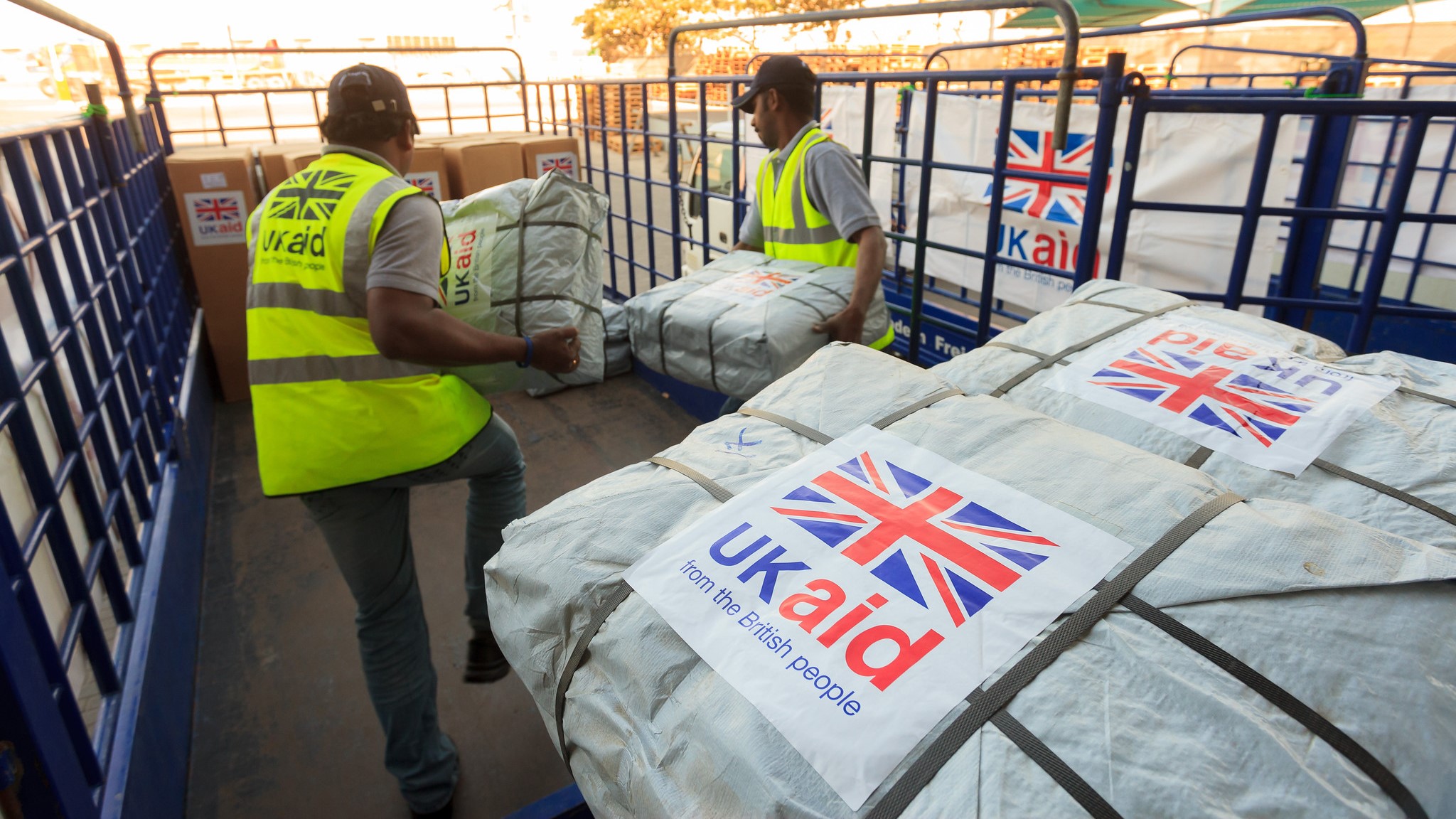Joseph Hanlon, Senior Visiting Fellow in the Department of International Development, explains how Mozambique’s short sighted borrowing has lead to the country’s unsustainable levels of debt.
Mozambique’s £1.6bn borrowing spree has caused a fiscal crisis that means interest on loans, civil service new year bonuses and other government bills was not paid this month.
Four years ago, with one of Africa’s largest natural gas reserves in development and visions of fabulous wealth before them, Mozambique’s leaders took secret loans worth $2bn. These were organised by the London offices of two major European banks, Credit Suisse and the Russian state-owned bank VTB, the conduct of whom was sufficiently questionable that they are now being investigated by financial authorities in the UK, Switzerland and the US.
The money was for tuna fishing, maritime security and weapons to fight Renamo rebels; according to Christine Lagarde, director general of the International Monetary Fund (IMF), some if it was also used corruptly.
But gas prices collapsed and the development of the gas fields was delayed. Last year, when it became obvious there was no money to pay, the loan package became public.
In keeping the loans secret, the government lied to its own parliament, as well as to the IMF and donors (including Britain), who immediately reduced aid and lending. That exacerbated the economic crisis, forcing an austerity programme.
There was a huge devaluation of the local currency, the metical, and two weeks ago it was announced that inflation last year was 25%. The austerity package means the government is delaying payments to its suppliers; last week, it announced it would not make any interest payments on the debt.
Civil servants, including teachers and nurses, who normally receive a month’s salary as a new year bonus, found the extra money halved. The secret loans are now being investigated by forensic auditors Kroll, who are due to report in May. But the domestic fiscal crisis will continue for many months, and government has already said no payments will be made on the loans this year.
Details of the loans remain secret, but a Mozambican parliamentary investigation reported last month. Combined with press leaks, a grim picture is painted.
Feasibility studies used to justify the loans were ridiculous, assuming Mozambique could sell tuna for four times as much as nearby Seychelles, for example, or that huge multinational companies would hire an untried Mozambican security company to protect the offshore gas wells.
The loans were made to three private companies, largely owned by the Mozambican security services, Sise. Finance minister Manuel Chang said the state would guarantee to repay the loans. But the parliamentary commission concluded that Chang’s guarantees were unconstitutional, illegal and invalid – and that this should have been obvious because only parliament can guarantee loans.
In Mozambique fingers are pointed at former President Armando Guebuza and a small group around him, as well as Chang and Sise. But in London questions are increasingly being asked about Credit Suisse and VTB. They did not lend the money themselves, but they sold bonds and pieces of the loans to investment funds and other lenders. What did they tell those lenders?
On large loans like this, banks normally do what is called a “due diligence” study, looking at the viability of the loan and the borrower. Even the most cursory study would have shown that the state guarantee signed by Chang was not valid, and that the feasibility studies and repayment plans were nonsense. Furthermore, by keeping the loans secret, the banks did not reveal to the bond and loan holders that the $2bn loan package pushed Mozambique’s debt to unsustainable levels, making repayment highly unlikely.
Credit Suisse and VTB have passed on all the risk to other lenders and made their profits from commissions, so they do not care what happens now. But global banks have a fiduciary responsibility; in this case to the borrowing country, the bank must check that the loan is sensible and not excessively corrupt, and for the investment funds who take on the loans, the bank must check that the borrower is likely to repay. A due diligence study should have shown that neither was likely, and thus the loan was highly dubious.
This is like lending to a gambler who says, “I am broke but will surely win next time.” When a loan is made ignoring obvious evidence that it is unwise, the loan is called “illegitimate” and is the liability of the lender, not the borrower.
Mozambicans and lenders alike are angry. Complaints that the secret $2bn Mozambique loans are illegitimate are growing. The supposed government guarantees were obviously invalid from the start and Mozambique cannot and should not pay. Thus Credit Suisse and VTB may be forced to take responsibility for the loans.
Both an academic and a journalist, Joseph Hanlon moved from a PhD in physics at Tufts University to the staff of New Scientist to being BBC and Guardian stringer in Mozambique (1980-84). Half of his work is on Mozambique. He has written seven books on Mozambique and has reported on all of Mozambique’s multi-party elections. He curates a website with Mozambique election data since 1999 to encourage collaborative research. Dr Hanlon has edited a newsletter on Mozambique since 1993, which is available free on request by contacting j.hanlon@lse.ac.uk. He is now a Senior Visiting Fellow in the Department of International Development at LSE.
This article was first posted in The Guardian.
The views expressed in this post are those of the author and in no way reflect those of the International Development LSE blog or the London School of Economics and Political Science.





